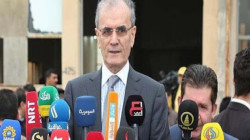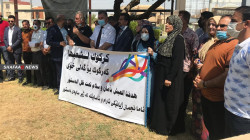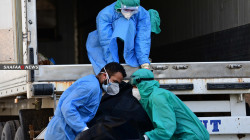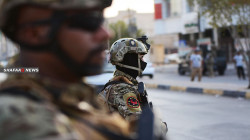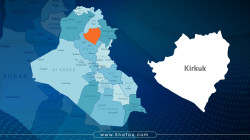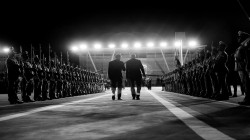Political blocs move to convene Kirkuk council session, excluding governor's election
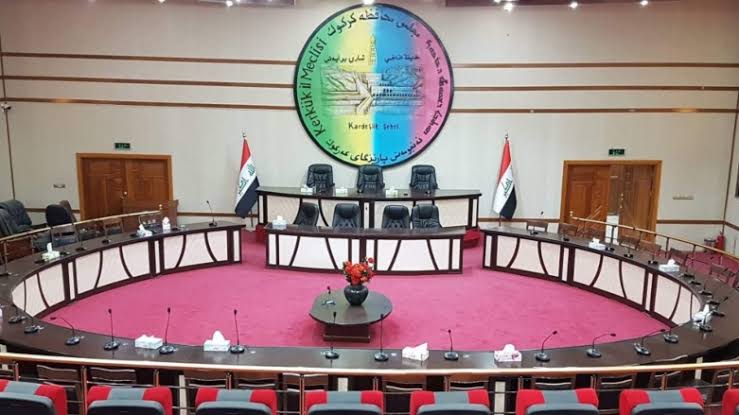
Shafaq News/ Parvin Fateh, a member of the Kurdish component in the Kirkuk Council, revealed a new move by political blocs to convene the Council's first session before the deadline set by Prime Minister Muhammad Shia al-Sudani.
The session is expected to take place next week, focusing on power-sharing rather than the immediate election of the governor.
Fateh told Shafaq News Agency that during the last meeting with PM al-Sudani, "all winning blocs agreed to submit a paper of demands within a week outlining the blocs' demands and provide a basis for discussions."
While the Kurdish Democratic Party (KDP) and the Patriotic Union of Kurdistan (PUK) engage in negotiations and meetings to nominate personnel for some positions, Fateh noted that these discussions would be submitted in the demands paper.
"The paper aims to address power-sharing, positions, and the administration of the governorate. Any agreement among winning blocs will be reached after thorough discussions on the demands paper." He said.
It is noteworthy that last December, Kirkuk Governorate, known for its multi-ethnic composition, held its first elections since 2005. The Kurds secured seven seats (5 for PUK, and 2 for KDP) and one seat allocated to the Babylon quota.
On the other hand, Arabs won six seats, divided among the Arab Alliance (three seats), the Leadership (Al-Qiyada) Alliance (two seats), and the Al-Ourouba Alliance (one seat). The Iraqi Turkmen Front garnered two seats.
The electoral landscape faced challenges due to the equal distribution of seats among Kurds, Arabs, and Turkmen, which delayed forming the local government, and choosing the new governor.
Two weeks ago, the Turkmen Front revealed that it has submitted a proposal to address the Kirkuk local government issue.
The proposal suggests the periodic selection of a governor from among the various components of the governorate: Arabs, Turkmen, and Kurds.
Sami Al-Bayati, a leader of the Turkmen Front, told our Agency that a comprehensive working paper has been developed for four years for both the Kirkuk Provincial Council and the local government.
"To address this, the proposal suggests rotating the governor's position among the fundamental components of Kirkuk." He said.
"While the proposal initially faced strong rejection from political parties in Kirkuk, continued dialogue and negotiation have led to increasing acceptance to end this crisis."
Earlier, a Patriotic Union of Kurdistan (PUK) Pola Talabani member unveiled plans for an upcoming meeting with the Kurdistan Democratic Party (KDP) to settle the Kirkuk governorate file.
Talabani emphasized that "while the PUK remains open to all parties, it leans towards negotiations with the Kurdish house, especially the KDP. There is a convergence of views between the parties, and a dedicated meeting will soon be convened to settle the Kirkuk issue definitively."
Moreover, Talabani asserted that "the position of Kirkuk governor is a Kurdish entitlement for the PUK, given their substantial electoral gains. However, a decision will be reached through consensus with all stakeholders."
In a meeting held at the beginning of February, the two leading parties in Kurdistan agreed that the new governor of Kirkuk must be of Kurdish origin.
Kirkuk remains a disputed territory between Erbil and Baghdad, subject to Article 140 of the Constitution. It was previously under joint administration between the Kurdistan Region and the Iraqi government until the Kurdistan's independence referendum in September 2017.
